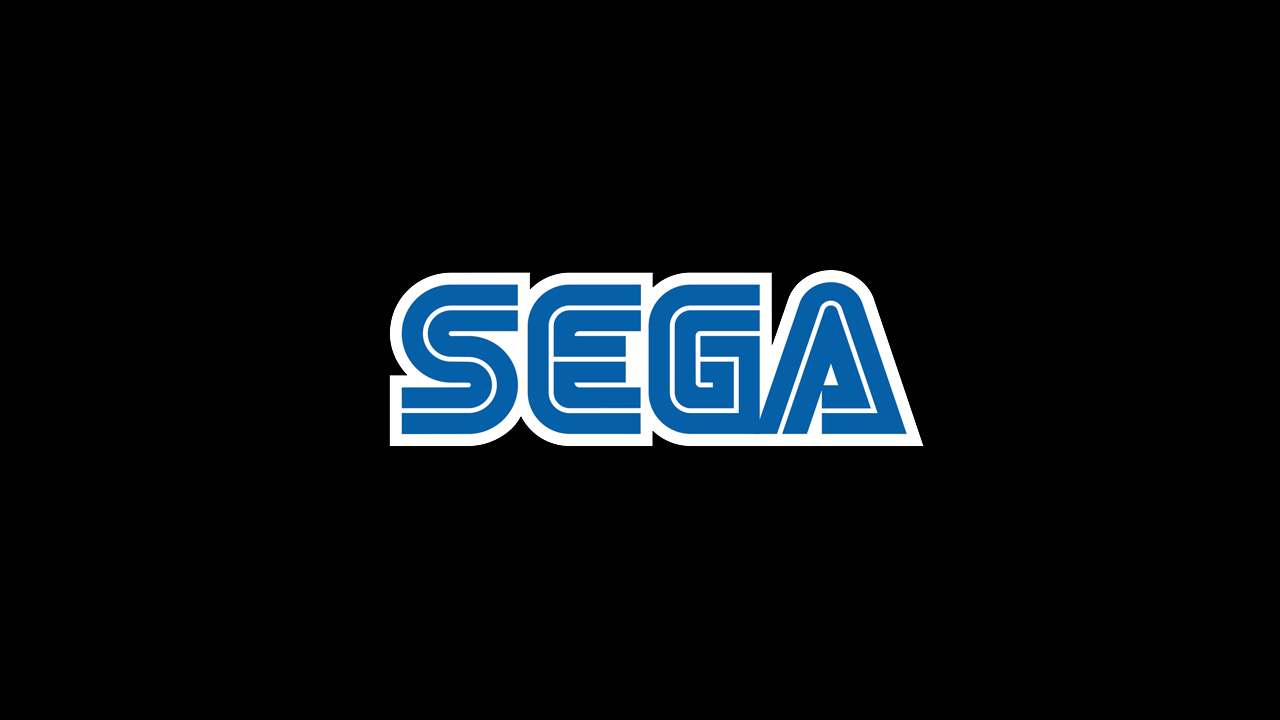
SEGA: “We See Business Opportunities In Packaged Game Software”
We have one final thing to share with you that came from SEGA Sammy’s annual report.
SEGA may be making a big deal about digital gaming but that doesn’t mean packaged and PC gaming is being ignored. SEGA sees potential in both:
As well as its in-house development team, the SEGA Group benefits from the capabilities of its powerful development companies. These include ATLUS. CO., LTD., which develops the Persona series in Japan; The Creative Assembly Ltd., which develops Total War in the United Kingdom; Sports Interactive Limited, which develops the Football Manager series in the United Kingdom; and Relic Entertainment Inc., which develops Company of Heroes in Canada. The download-type digital distribution of PC games, such as Steam, is steadily growing in size in the United States and Europe. Against this backdrop, our titles are performing well, and we aim to continue growth. In Japan, the online network RPG PHANTASY STAR ONLINE 2, marketed three years ago, continues to perform steadily as we advance cross-platform rollouts. In addition to a PC version, a PlayStation® Vita version, and a smart phone version, which account for 3.5 million registered IDs, we recently announced the release of PS4™ version.
We also see opportunities in packaged game software. Although conditions in Japan remain tough, overseas PS4™ has become the fastest-spreading PlayStation® home video game console in history. Even in Japan, sales of the new home video game console promise to grow as the SEGA Group and the other companies add titles to their lineups in earnest. From a global perspective, business opportunities are emerging. In Asia, for example, there is increasing reluctance to purchase copied products in areas that use traditional Chinese characters.
However, we do not intend to try matching major overseas publishers who initially invest tens of billions of yen in a single title. While keeping costs at an appropriate level, we will combine rollouts of packaged game software and digitally distributed or downloaded content to establish a business model that generates earnings reliably. Furthermore, the recently released traditional Chinese character version of Ryu ga Gotoku 0: Chikai no Basho is selling well. Adopting this approach for other titles, we will heighten investment efficiency by planning games not only with Japan in mind but also with a view to their translation into multiple languages and roll out in a wide range of countries.
This post was originally written by the author for TSSZ News.





![[ID: nOM5nCjsHOs] Youtube Automatic](https://lastminutecontinue.com/wp-content/uploads/id-nom5ncjshos-youtube-automatic-360x203.jpg)
![[ID: X7t1T3bcpCU] Youtube Automatic](https://lastminutecontinue.com/wp-content/uploads/id-x7t1t3bcpcu-youtube-automatic-360x203.jpg)